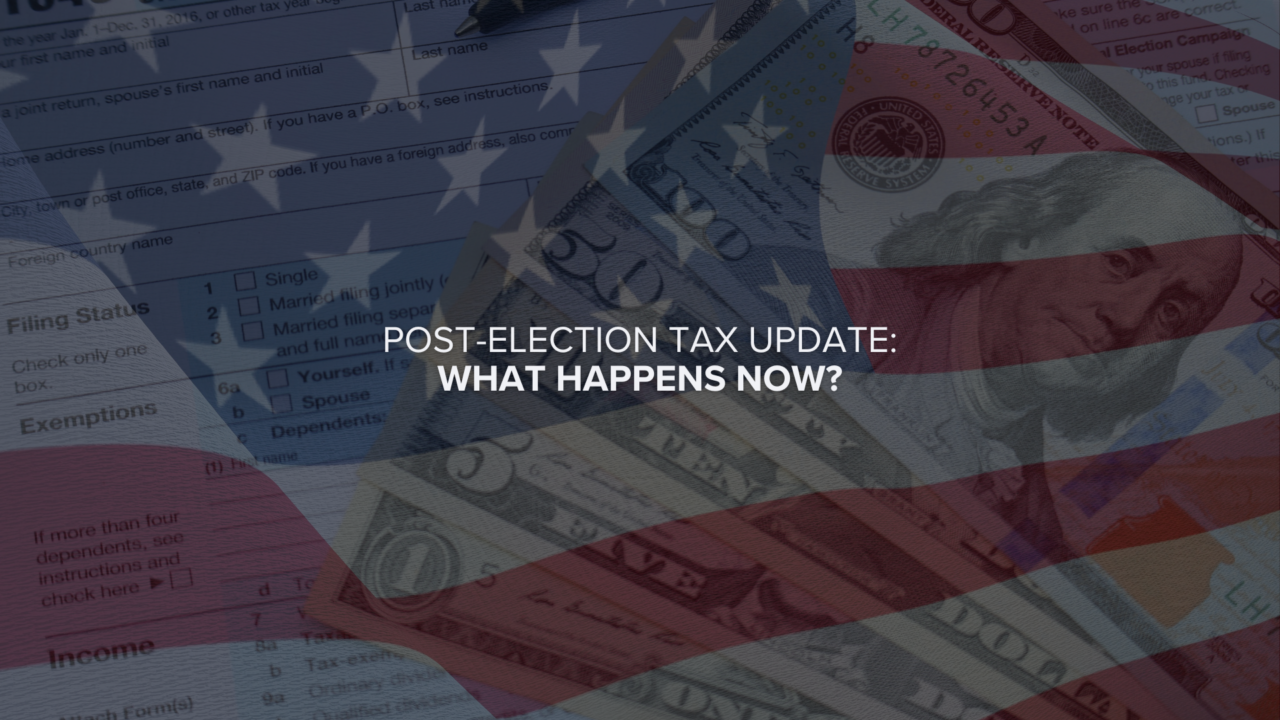Tax time is rolling around and, if you are assembling your healthcare expense information, you might wonder if hospitals pay taxes and how Healthcare Taxation is different from other industry taxation. The answer is a bit complex because you first have to understand how healthcare is, and how it isn’t, an industry. You must also realize how multifaceted the healthcare system is.
Definition of Industry
Most sources define an industry as an organization, or congregate of organizations, that engages in commerce; industries produce things or provide services for profit. An article in the Atlantic.com argues that healthcare cannot be considered an industry because it does not adhere to the same standards of financial accountability as other industries do. Healthcare organizations often receive subsidies, and other income that is not taxed, and a recent report said that in America a whopping $750 billion was wasted annually by the healthcare system. The result is an out-of-control cost increase that other industries could not survive.
Healthcare is Complex
In the book “The Essentials of Healthcare Finance” by William O. Cleverly and Andrew E. Cameron, the authors separate healthcare into several distinct groups:
• Non-profit Business Oriented, as many hospitals
• For-profit Business Oriented, as pharmaceutical companies and healthcare appliance manufacturers
• Investor-owned
• Owned by Professional Corporations or Associations
• Sole Proprietorship, like a private clinic
• Limited and Limited Liability Partnerships owned by a group of doctors or professionals
• Government-owned facilities
• Non-Government, Non-profit and Non-Business Oriented like HCOs that are owned by the community where they are located and exist to provide community services
In addition, there are companies that arrange “medical tourism,” or travel to and from places that provide medical treatments. These components are distinctly different in terms not only of financial resources, but in how those resources are invested. In other words, whether they are put into other income-growing businesses or accounts, or if profits are reinvested in the healthcare facility or the community is a consideration.
How These Components Differ from other Industries
The healthcare system is huge worldwide but, in the U.S., it is not unusual to see healthcare corporations with after-tax incomes of $300 million or more. That is a “healthy” profit. Healthcare facilities often receive subsidies or other income from donors and investors that function like exemptions because they are tax-free. Some of the debt incurred by the healthcare corporations is tax-free, and the non-profits are exempt from federal income tax and property tax.
Other industries pay taxes on their profits but may “write off” losses and business expenditures; they do not receive the benefits included in Medicaid reimbursements and insurance settlements. They also pay property taxes. The corporate-owned healthcare systems pay taxes, including property taxes, and the facilities that are owned by corporations and investors pay the so-called “double tax,” which means that the corporation is taxed on the profits and the investors are taxed on their capital gains.
Other components of the healthcare system, like pharmaceutical companies and producers and suppliers of durable medical equipment, are taxed at prevailing rates on their incomes. Health insurance companies are taxed too, and that is passed on to the insured in higher premiums. In addition, companies that provide healthcare insurance or insurance subsidies for their employers do so because that money is not taxed, but it is a part of the employee benefits that are taxed.
State Taxes
The federal government allows states to tax Medicaid-accepting healthcare facilities and, increasingly, states are doing just that. There is a limit on the amount that can be assessed, amounting to a quarter of the state’s share of Medicaid expenses. These taxes often come in the form of fees and so-called “provider’s taxes” assessed to Medicaid providers. According to the NCSL.org, these taxes may be partially offset by increased Medicaid reimbursements to the facilities.
Healthcare is becoming such big business that it may eventually face tax reform, just as it has faced other reforms. Healthcare Taxation is different from taxation of other industries but, as the system evolves and grows, many of these differences may disappear.




